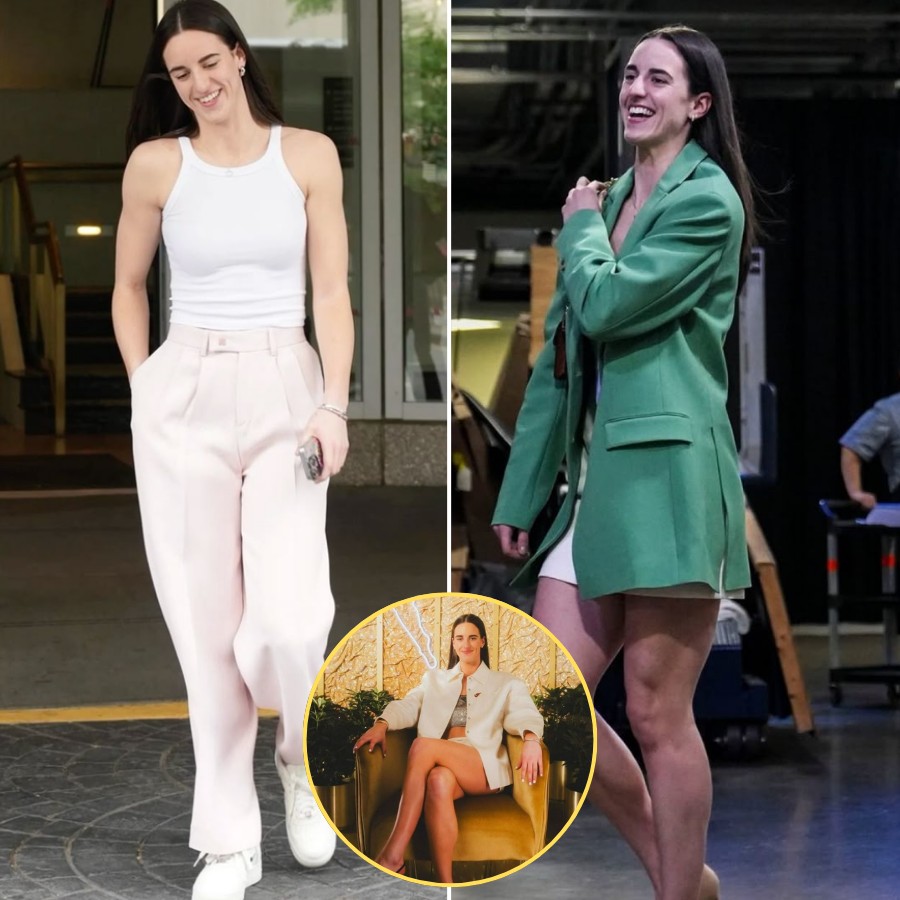Dutch researchers may have finally identified the upper limit of human lifespan. As medical advancements and improved living conditions push life expectancy higher, scientists have long debated whether there’s a natural ceiling to how long people can live.
A new study sheds light on this question with striking results.
By analyzing records of about 75,000 deaths over three decades, statisticians at Tilburg and Erasmus universities pinpointed a likely age cap. Women appear to top out at 115.7 years, while men reach slightly less, at 114.1 years.
Professor John Einmahl, one of the study’s lead researchers, noted that while people are living longer overall, the oldest individuals are not surpassing previous records. “On average, people live longer, but the very oldest among us have not gotten older over the last thirty years,” he explained.
This paradox raises intriguing questions. If average life expectancy keeps climbing, why hasn’t the maximum lifespan followed suit? Einmahl suggests that a biological limit may be at play. “There is certainly some kind of a wall here,” he said.
Despite progress in healthcare and nutrition, human longevity may have a natural boundary. The findings challenge the idea that medical breakthroughs alone can extend lifespan indefinitely.
Related Stories
・Researchers find a surprising connection between high-carb diets and longevity
・Research findings combat age-related metabolic diseases and enhance healthy aging
・These common foods can make us stronger as we age, study finds
These findings further highlight that the number of individuals in The Netherlands celebrating their 95th birthday has almost tripled in recent times. “Nevertheless, the maximum ceiling itself hasn’t changed,” Einmahl emphatically noted.
For clarity, it’s essential to differentiate between ‘lifespan’ and ‘life expectancy’. The former relates to the duration of life for an individual, while the latter represents the average expected life duration for individuals within a specific age group. Life expectancy typically serves as a metric indicating societal wellbeing.
This recent Dutch exploration resonates with findings from US-based researchers last year. While they too identified a similar age ceiling, they posited that those exceptionally aged weren’t living quite as long as their predecessors.
However, Einmahl and his team challenge this notion. Employing a unique statistical approach known as the “Extreme Value Theory“, they concluded that the maximum lifespan has exhibited almost negligible fluctuations.
For those unfamiliar, the Extreme Value Theory is a sophisticated statistical methodology primarily utilized to interpret data and address questions related to extreme events – think lifespans, natural disasters, and other outliers.
Still, like every rule, there are exceptions. Einmahl cites the case of Jeanne Calment, the French supercentenarian, who defied all odds by living to the remarkable age of 122 years and 164 days. To date, she remains the oldest verified woman.
As the scientific community awaits further validation, Einmahl announced that their pioneering findings are enroute for submission to a peer-reviewed journal. He anticipates its publication “within the next month or so”.
As we look to the future, studies such as these are more than mere statistics. They prompt profound questions about the human condition, the nature of our existence, and the interplay of biology and environment. The “ceiling” might be set, but the conversation about human potential is limitless.
Some of the longest living humans on record
Jeanne Calment (122 years, 164 days)
・Born: February 21, 1875, in Arles, France
・Died: August 4, 1997
・Significance: Calment holds the record as the oldest verified human. She credited her longevity to a diet rich in olive oil and chocolate, as well as an active lifestyle.
Kane Tanaka (119 years, 107 days)
・Born: January 2, 1903, in Fukuoka, Japan
・Died: April 19, 2022
・Significance: Tanaka was recognized as the world’s oldest living person by Guinness World Records in 2019. She enjoyed board games, solving puzzles, and soft drinks.
Sarah Knauss (119 years, 97 days)
・Born: September 24, 1880, in Pennsylvania, USA
・Died: December 30, 1999
・Significance: Knauss lived through three centuries and was known for her calm demeanor.
Lucile Randon (Sister André) (118 years, 340 days)
・Born: February 11, 1904, in Alès, France
・Died: January 17, 2023
・Significance: A nun for most of her life, Randon attributed her long life to daily prayer and chocolate.
Maria Branyas Morera (116+ years, still living as of November 2024)
・Born: March 4, 1907, in San Francisco, USA
・Current residence: Catalonia, Spain
・Significance: Currently holds the title of the world’s oldest living person.
Jiroemon Kimura (116 years, 54 days)
・Born: April 19, 1897, in Kyoto, Japan
・Died: June 12, 2013
・Significance: The oldest verified male, Kimura credited his longevity to eating small portions of food.
These individuals’ ages have been verified through extensive documentation, distinguishing them from other claims of extreme longevity that lack sufficient proof.
Note: Materials provided above by The Brighter Side of News. Content may be edited for style and length.
Like these kind of feel good stories? Get The Brighter Side of News’ newsletter.


